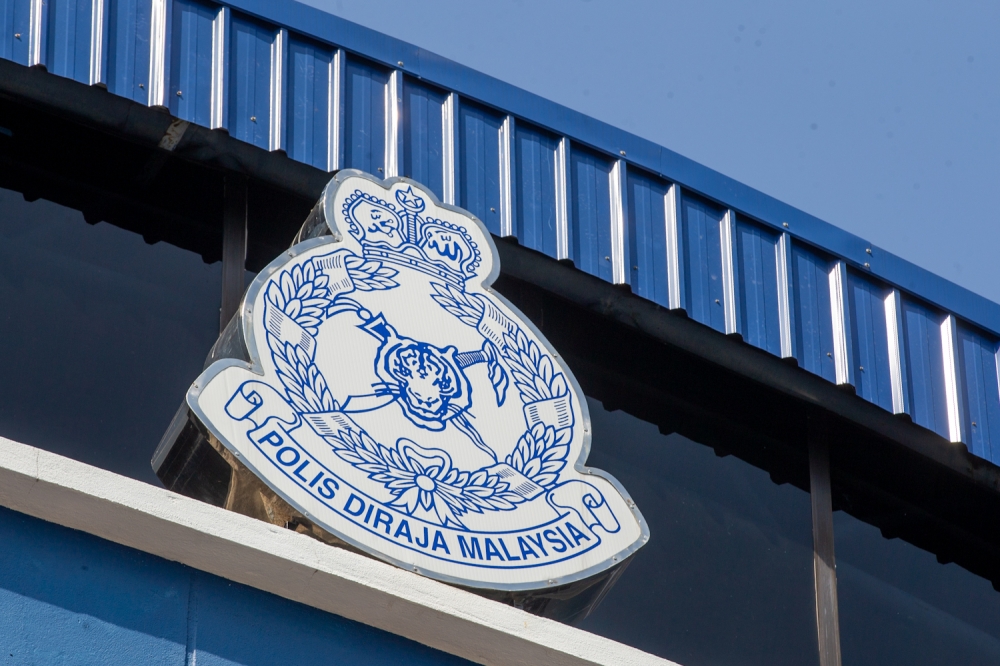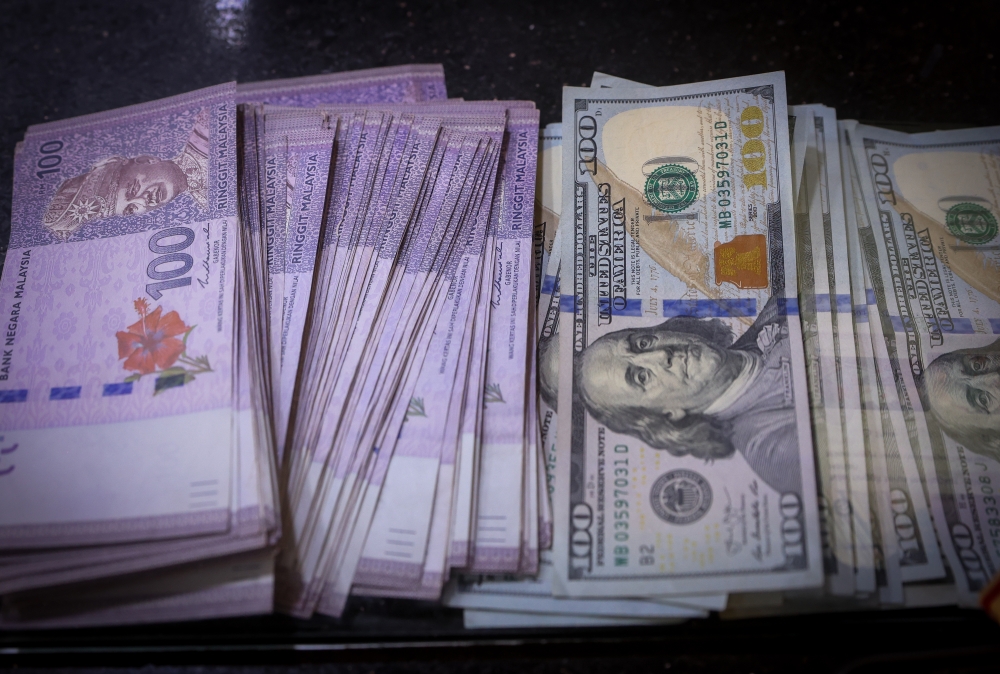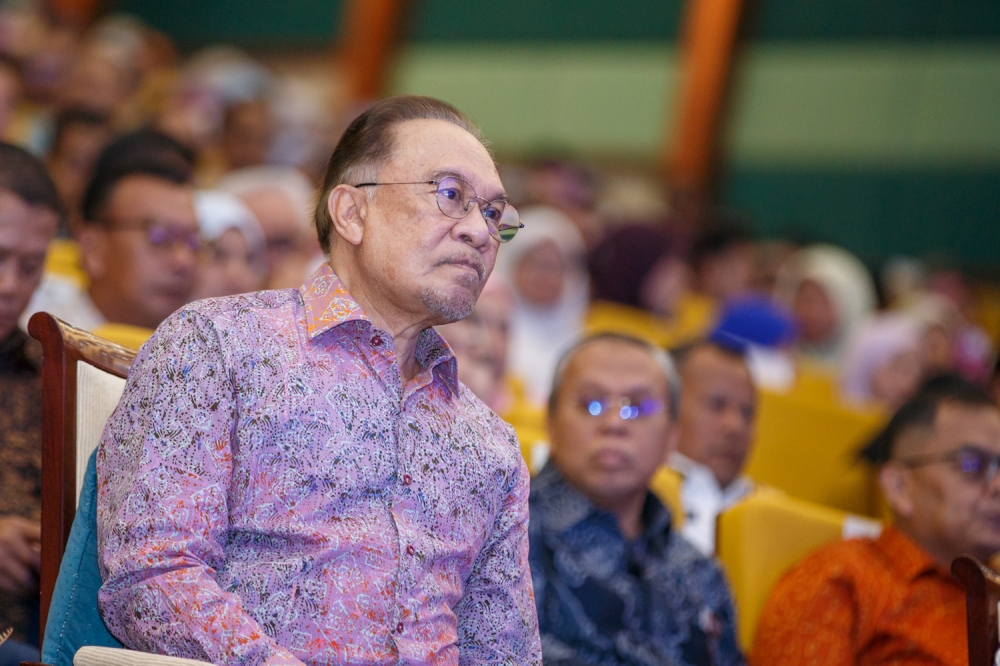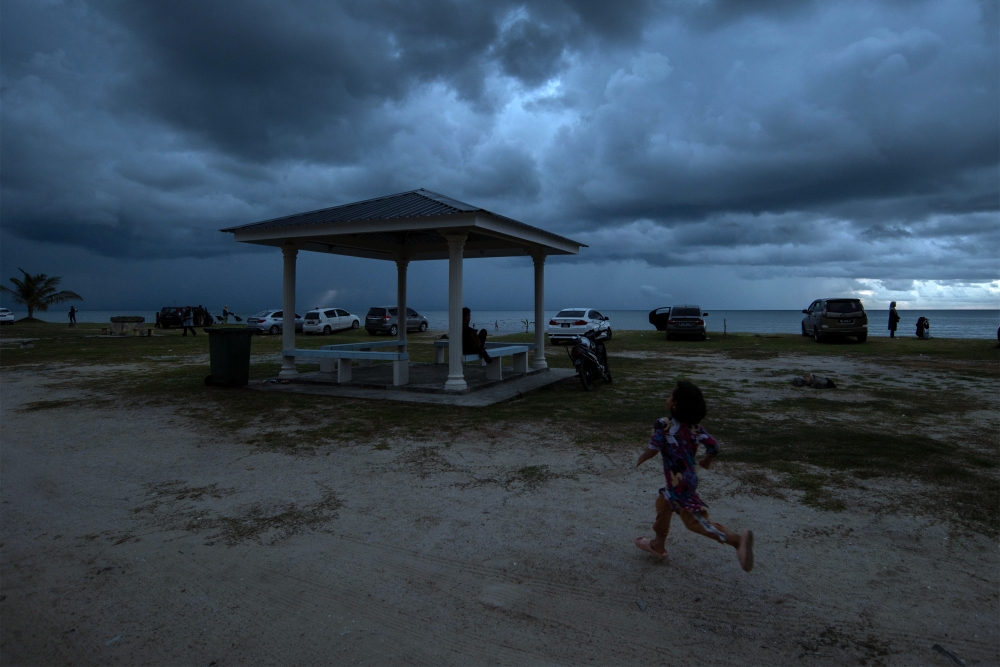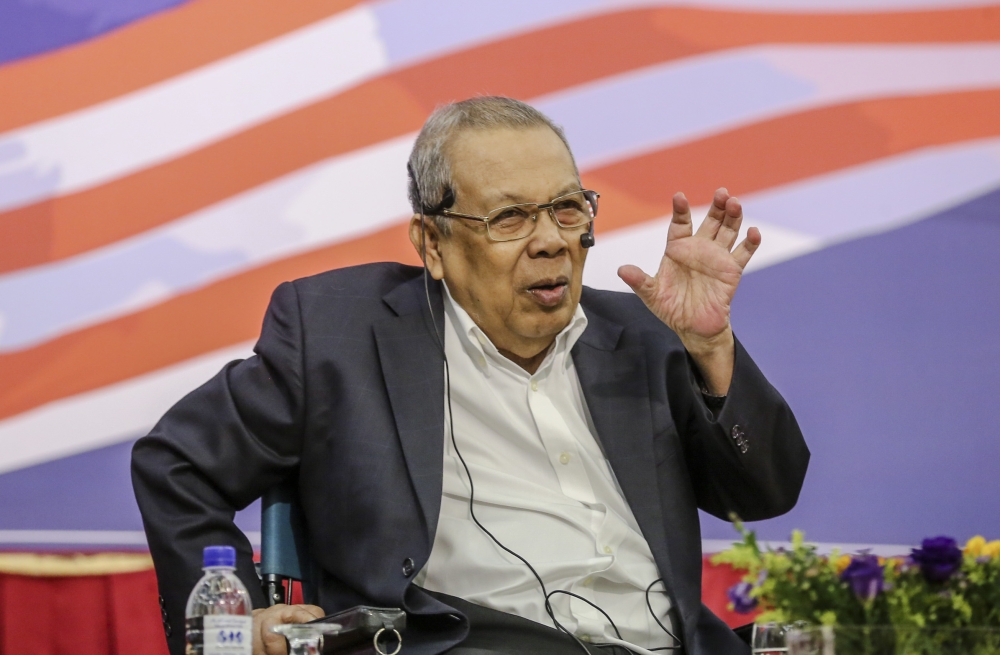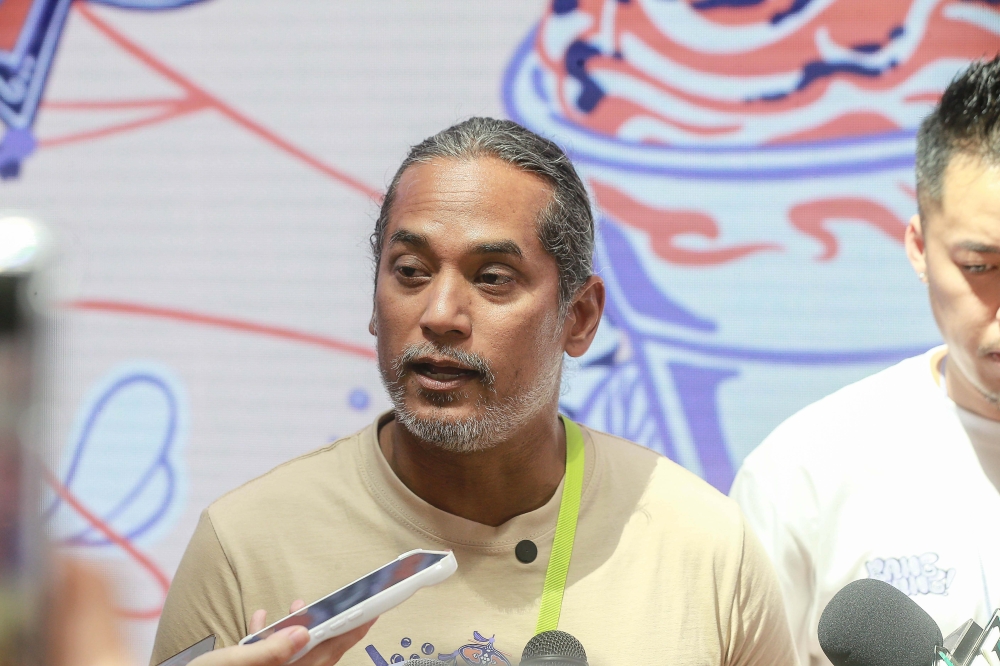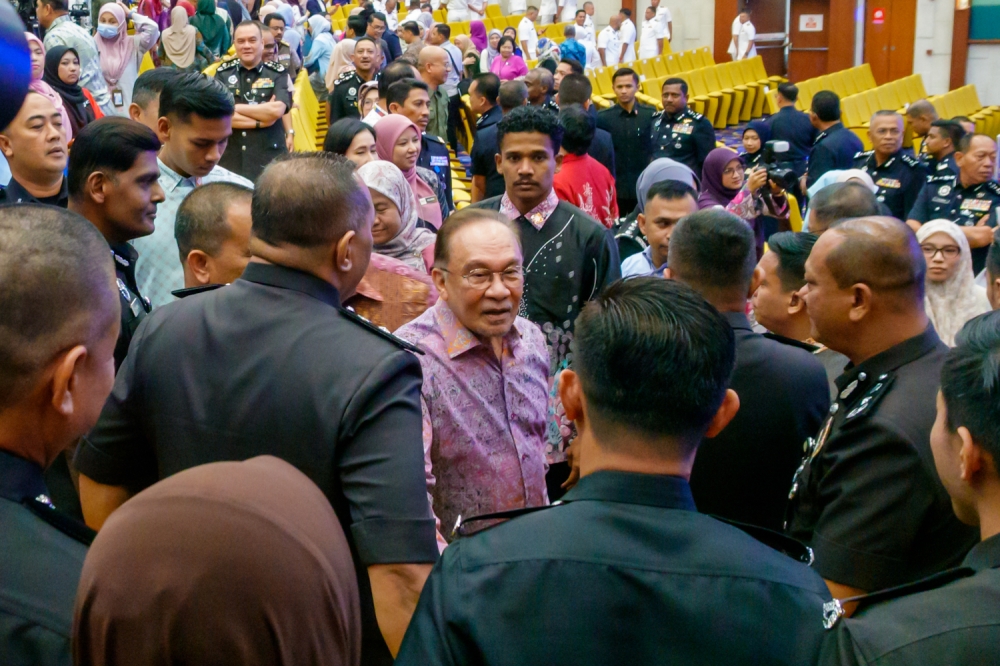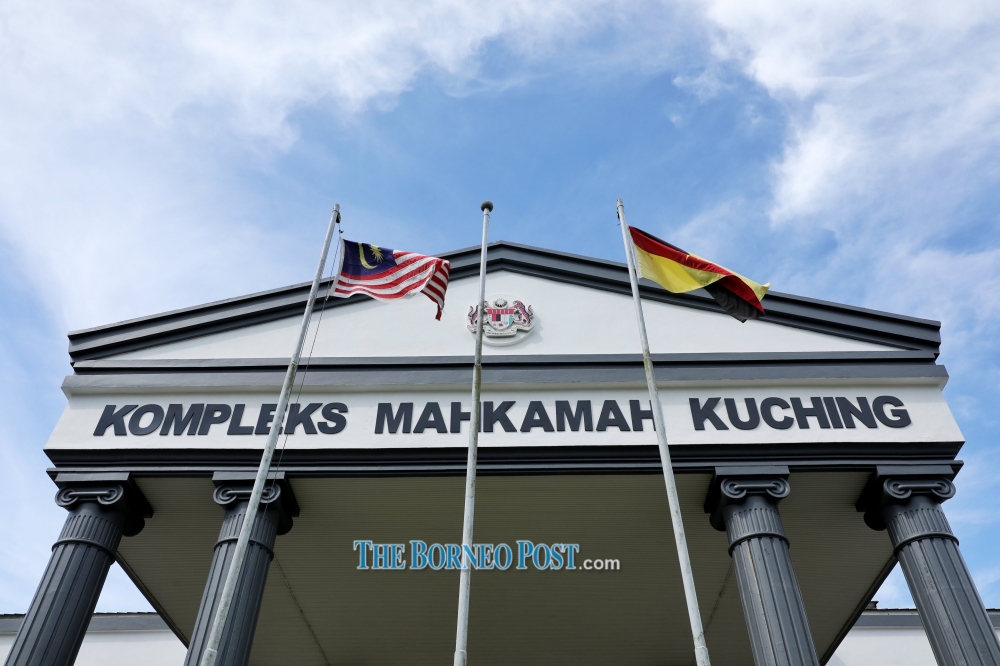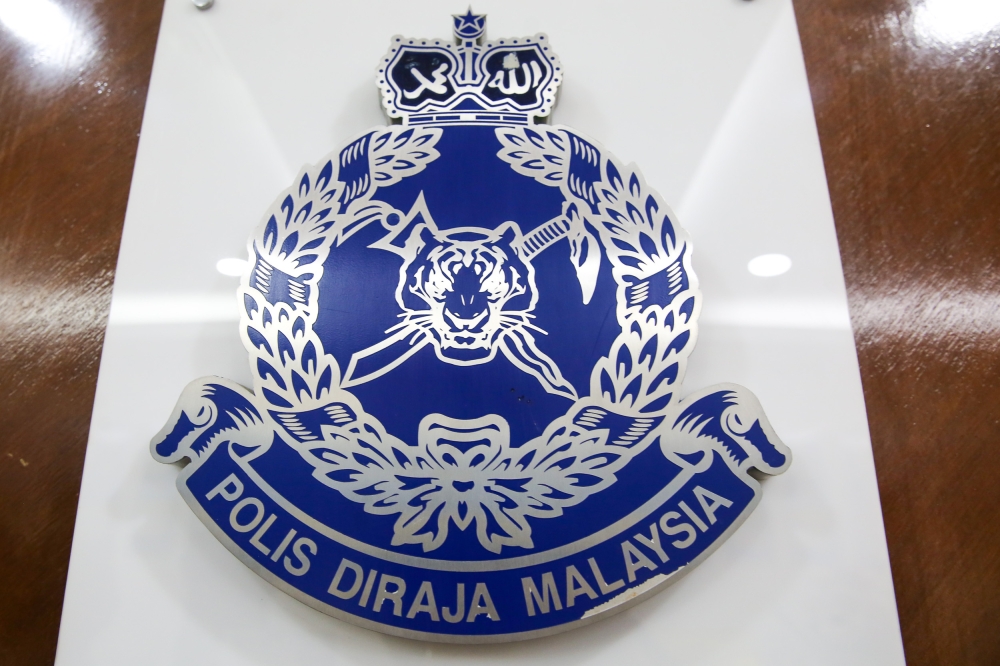KUALA LUMPUR, July 23 ― The RM150 billion Pemulih economic package announced by the prime minister on June 28 is the fourth aid package this year, with multiple initiatives aimed at helping Malaysians, businesses and to accelerate the Covid-19 vaccination effort. In fact, Pemulih is the eighth and largest package of financial aid unveiled by the government since the pandemic struck last year.
Pemulih includes RM10 billion in fiscal injection by the government that will all be transferred directly to Malaysians hard hit by the global health crisis as the country transitions through the four phases of the National Recovery Plan (NRP).
For Malaysians like Muhamad Harris Nasril whose livelihood has been hard hit amid restrictions during the pandemic, measures under the Pemulih economic package are a much-needed lifeline.
Harris, 40, said his business as a 3D visualiser for interior designers and renovators has been severely impacted under the current lockdown as smaller construction works and renovation projects are not deemed essential, with fewer jobs in the past five months as compared to last year when restrictions had temporarily eased.
He has also been unable to conduct face-to-face short training courses since last year as an additional source of income, with online classes not feasible as his students may not have the required software and high-specifications computers.
Having benefited from the six-month automatic blanket loan moratorium, Harris said he had not applied for any repayment aid for his 30-year house loan until recently, when the bank called about his unpaid loan instalments of RM1,600 each for May and June.
“The bank called, asked to pay, already two months in arrears,” he told Malay Mail, adding that was when he applied for the new six-month loan moratorium announced under Pemulih.
While he had asked if the six-month moratorium could include the two months' arrears, he was told to pay for the two months first as his moratorium would only start in August.
“It's short term because I can't think of a way to find RM1,600. I can use the additional money for other expenses,” said Harris, who also services a car loan with RM600 monthly instalments and whose family of five includes three school-going children.
“Really needed it, because I'm already in a pinch, if not, I will be short of money,” he said of the moratorium, noting that prolonged failure to pay the housing loan would have resulted in being blacklisted in terms of credit ratings by the Central Credit Reference Information System (CCRIS) or even the property being auctioned.
Having received an estimated RM1,600 to RM1,800 in total cash aid as an M40 mid-income family from the government's previous Bantuan Prihatin Nasional and the first phase of Bantuan Prihatin Rakyat, Harris said his application for the second phase of BPR was not approved but shared that he had also relied on Employees Provident Fund (EPF) withdrawals to cope financially amid reduced income.
The government last year provided the i-Lestari scheme which allowed EPF members to withdraw up to RM500 a month from April 2020 to March 2021, while the subsequent i-Sinar scheme allowed EPF members to either withdraw a total of up to RM10,000 or up to 10 per cent of savings depending on their savings amount over a six-month period. Under Pemulih, the government announced the i-Citra scheme which allows for up to RM5,000 in total EPF withdrawals over a five-month period.
“i-Sinar was very helpful, I took the maximum amount, I could breathe every month, half of it went to the house loan for six months,” he said. “I already applied for i-Citra last week, I applied for the maximum RM5,000.”
He is also hoping for renovations to be allowed with strict standard operations just as factories are allowed to do so, and for both renovations and face-to-face training to be allowed on small scale.
Here’s a quick recap of how we as Malaysians ― both households and individuals ― can benefit directly from the Pemulih package.
Cash relief
The new Bantuan Khas Covid-19 (BKC) will ensure households and individuals in the hardcore poor, B40 low-income, and M40 mid-income categories will continue to receive aid in the second half of 2021.
Starting August, BKC will benefit 11.4 million recipients (8.4 million in the B40 category, three million in the M40 category) to the tune of RM4.6 billion.
The aid will cover five million households ranging from B40 to M40, and 6.4 million individuals covering senior citizens as well as those who are not married in the B40 and M40 categories.
Apart from that, RM4.9 billion of cash aid has been earmarked for distribution through the ongoing Bantuan Prihatin Rakyat (BPR) programme in the second half of 2021.
Under the ongoing BPR programme, additional payment of up to RM500 in July was previously announced under the Pemerkasa Plus economic package, while between RM100 to RM1,400 will be paid out in September under the third phase of BPR.
An amount of RM500 will be given in October to those who lost their jobs, based on 2021 data from the Employees Provident Fund (EPF) or the Social Security Organisation (Socso). A sum of RM500 million has been allocated for this purpose to benefit an estimated one million individuals.
In total, these three categories of cash aid will amount to RM10 billion to ensure those in need will receive assistance every month from June to December this year. Significantly, the quantum is higher than the RM4.7 billion given out in the first five months of 2021.
Food aid
In an expansion of the government’s existing food basket aid worth RM50 million under the previous Permai package, Putrajaya has increased the allocation to RM80 million and it will be channelled through all MPs.
Each MP ― government and Opposition ― gets RM300,000 to distribute food baskets to those affected in their constituency from July 1 onwards.
From this RM80 million, RM10 million will be used to distribute food baskets to the Orang Asli community.
This is on top of the government’s MyKasih programme previously announced under the Pemerkasa economic package, where RM100 million worth of food vouchers will be given out in the form of three RM100 cashless transfers over three months to the MyKads of 300,000 urban poor to purchase essential food items from July to December 2021 at participating grocery outlets.
Price controls, subsidies, staying connected
Besides putting cash directly in the hands of Malaysians who need help and providing basic food supplies, the government will also take steps to help control living costs.
The government said it expects to provide over RM6 billion in subsidies this year to control RON95, petrol and LPG prices for Malaysians, despite the global fuel price increase.
As part of the government’s continuous effort to keep essential items affordable, the government will be allocating an additional RM1 billion to subsidise 1kg polybag packs of cooking oil at RM2.50 per pack.
Cooking oil sold in 1kg to 5kg bottles will also be price-controlled based on the crude palm oil threshold value, to ensure 5kg bottles of cooking oil do not exceed the price of RM30.
To lighten electricity bills, the government will be using RM1 billion to provide discounts for both selected non-domestic and domestic users, at 10 per cent for three months (October to December) for six affected economic sectors (which are already entitled to the same discount from July to September), and between five to 40 per cent for three months’ usage (from July to September) for domestic customers based on maximum usage of 900kilowatt hour per month.
The discounts for domestic users are worth RM346 million and will benefit an estimated 7.4 million residential customers in Peninsular Malaysia and an estimated 510,000 residential customers in Sabah.
More information can be found here in the June 28 statement by the Ministry of Energy and Natural Resources, Tenaga Nasional Berhad’s July 1 press statement on the discounts, and in this Sabah Electricity Sdn Bhd (SESB) July 1 poster on Facebook.
The government has announced that Malaysia’s major telecommunication companies have agreed to extend free 1 gigabyte of internet data every day until December 31, 2021. Valued at a total of RM500 million, the free data access is expected to benefit 44 million customers nationwide.
To make it easier for Malaysians to access banking services, the government will allocate RM18 million for domestic banks to prepare about 30 mobile bank units in Peninsular Malaysia, Sabah and Sarawak to cover 250 rural areas and mukims.
Services to be available will include opening of bank accounts, cash deposits, withdrawals and transfers, bill payments and digital banking.
Besides providing assistance to alleviate the cost of living for Malaysians, the government has set aside RM15 million for non-governmental organisations to help in tackling social issues such as mental health, the homeless and other social problems in the community.
This is an additional boost to the government’s plans to expand its existing psycho-social support such as the Talian Kasih hotline.
Aiding cash flow with EPF withdrawals, deferring loan/insurance payments
Several initiatives were announced under the Pemulih package to ease cash flow including i-Citra, a new and third withdrawal programme from the Employees Provident Fund (EPF), and the continuation of loan moratorium.
Under i-Citra, 12.6 million EPF contributors could potentially make withdrawals of up to RM5,000 via monthly withdrawals of RM1,000 over a five-month period, subject to how much savings they have in EPF. Applications can be made through the website icitra.kwsp.gov.my from July 12 until September 30. Those who apply in July are expected to receive the first withdrawal payments in August.
i-Citra, which is expected to channel RM30 billion to contributors, is a continuation of two previous EPF withdrawal schemes, i-Sinar and i-Lestari.
Further information on the i-Citra scheme can be found here in a FAQ on the EPF website.
On the debt servicing front, over 250,000 borrowers had previously already received automatic approval from banks for either a three-month moratorium on loan repayments or a six-month 50 per cent reduction in loan instalment repayments. Under Pemulih, the banks will further provide a six-month moratorium to all individual borrowers regardless of income bracket as well as micro entrepreneurs.
Applications for this six-month loan moratorium started on July 7, with approval to be given automatically and without the need to produce documentation or to undergo checks on whether the applicants are jobless or have reduced incomes.
While this six-month loan moratorium is open to all borrowers from the B40, M40 and T20 high-income group, it should be noted that this is merely a relief to help borrowers manage their cash flow.
As the moratorium is not intended to be a payment holiday, there will still be interest payable. Borrowers should prudently consider before applying for the deferment in repayments. Free advice and guidance in managing finances is available under the Credit Counselling and Debt Management Agency (AKPK) set up by Bank Negara Malaysia.
As for study loans, an estimated 1.6 million Malaysians are expected to benefit from the option to temporarily defer a combined total RM400 million in loan repayments.
This will come in the form of a three-month targeted moratorium for the National Higher Education Fund Corporation (PTPTN) borrowers.
The rest are:
― deferred repayments for six months from August 2021 to January 2022 for federal study loans under the Public Service Department (JPA) that can be applied for only in July by those who had lost their jobs or had reduced income during the movement control order (MCO) period
― three-month deferral of repayments for MARA study loans or rescheduling of repayments with monthly instalments as low as RM100 for 12 months
― deferred repayments for three months for loans under the Skills Development Fund Corporation (PTPK).
As for insurance premiums and takaful contributions, the option to opt-in to temporarily postpone payment will be extended to December 31, with over one million Malaysians expected to benefit from the deferred payments estimated to total RM2.6 billion.
Helping job-seekers and saving lives
The government will be expanding the Job Search Allowance scheme ― previously only for those who had lost their jobs and had yet to be rehired this year ― to now also cover non-Socso contributors, especially fresh graduates, school graduates and informal sector workers. Registration can be done through the MYFutureJobs platform to receive an allowance of at least RM300.
The government will also allocate RM125 million for the Place and Train initiative under the Human Resource Development Corporation’s e-commerce platform Janapreneur, which is expected to open up opportunities for 30,000 persons to undergo skills training with job guarantee upon completion.
The Malaysian Digital Economy Corporation (MDEC) will also enhance its existing programmes, eRezeki and GLOW, to help 20,000 job-seekers in the gig economy.
The Covid-19 vaccination campaign, which is key for economic recovery under NPR, will get an additional RM1 billion boost to ramp up the speed of vaccinations. This covers various initiatives such as allocating RM400 million to buy more vaccines, increasing payments from RM50 to RM100 to health volunteers on duty for over 12 hours daily from June, keeping vaccination centres open seven days a week, and increasing special allowances to the Covid-19 vaccination health frontliners from RM200 to RM600 for six months from July onwards.
The government will also give subsidies of up to RM30 to disabled persons and senior citizens to travel by taxi and e-hailing for their vaccinations.
So which of these assistance apply to me?
Check out the Finance Ministry website to zoom in only on the government aid initiatives that fits your current situation and to find out how you and your family can benefit: https://belanjawan2021.treasury.gov.my/manfaat.
This website includes infographics of all the initiatives and assistance under Pemulih.




